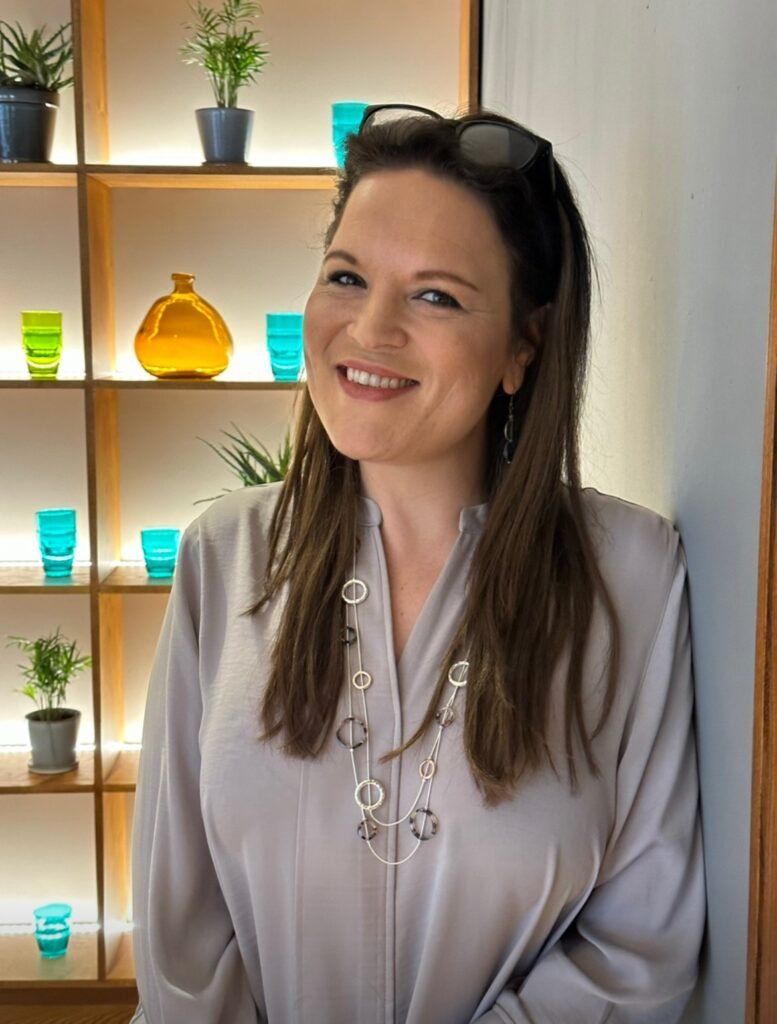
As a Registered Learning Disability Nurse (RNLD), I have had the privilege of working closely with many people with a learning disability, as well as autistic people for over 15 years, and I have seen the impact that specialised support can have on families’ lives.
Our role is unique in that we bring a deep understanding of the specific and very unique needs of those we support, ensuring that care is not only safe and effective but also built around someone’s unique life context and family dynamic.
One of the key strengths LD nurses bring to social care lies within person-centred approaches. This means truly listening to and respecting the preferences and rights of each person we care for, which in turn leads to more meaningful support and improved quality of life.
Communication is another cornerstone of our work; by using a variety of methods to connect with individuals who may have difficulty expressing themselves, LD nurses work to ensure that their voices are heard and their needs are fully understood.
I have seen RNLDs advocate fiercely for the rights of those with learning disabilities, working to reduce health inequalities and ensuring access to the care and services they deserve. We need to have expertise in behaviour support too, allowing us to create safe, supportive environments where people can thrive, and our holistic approach addresses not just physical health, but emotional, social, and mental well-being.
In addition to supporting people in our care, it’s also about providing guidance and emotional support to families and caregivers, empowering them to better understand and manage the challenges they face.
Collaboration is key in our work, and we pride ourselves on working closely with other professionals to deliver coordinated, comprehensive care. Learning Disability Nurses are natural “connectors”, bringing together different parts of the health and social care system to enable access to the support people need.
Ultimately, the goal of every RNLD is to empower individuals with learning disabilities to achieve greater independence and participate more fully in society. Our work is about much more than providing care; it’s about helping people live their lives to the fullest.
We know there aren’t enough Learning Disability Nurses within the UK, and as the years progress, it’s going to be critical to attract, recruit and retain skilled people to deliver the increasing need for care and support across the nation.
Finally, being an LD nurse is not about being people’s “voice”. It’s about being their microphone.
I am proud to be part of a profession that makes such a meaningful difference in the lives of so many.
